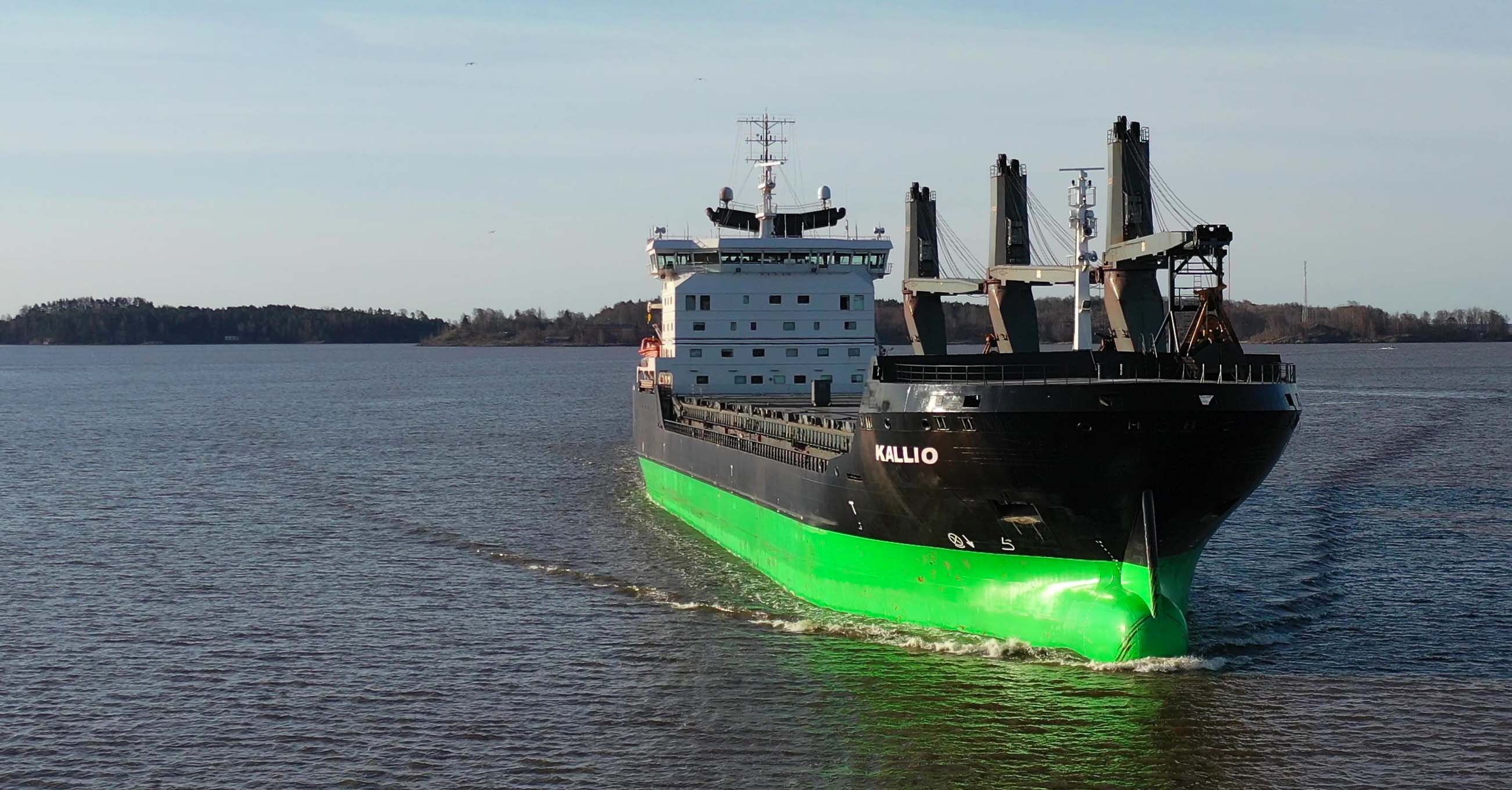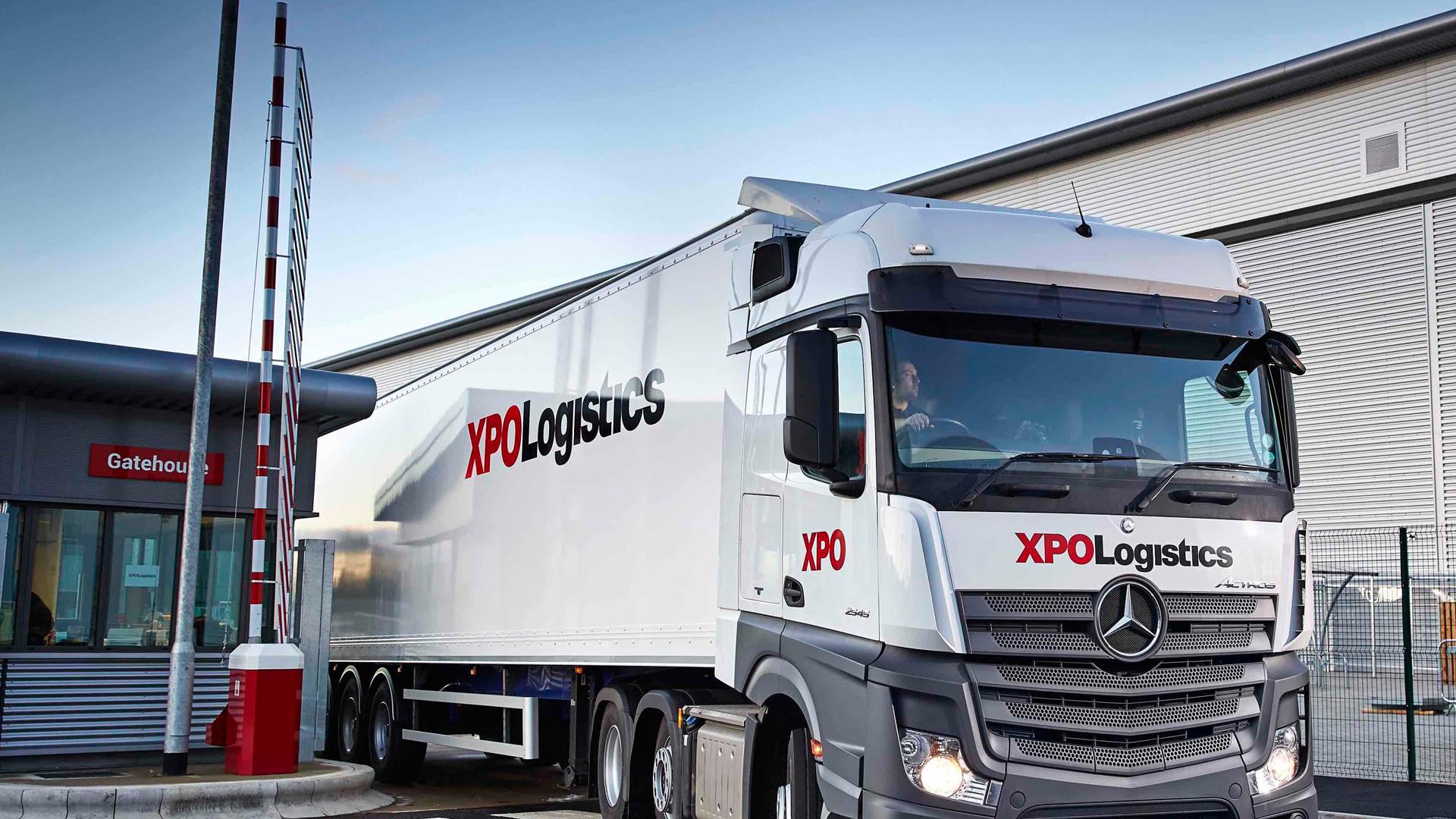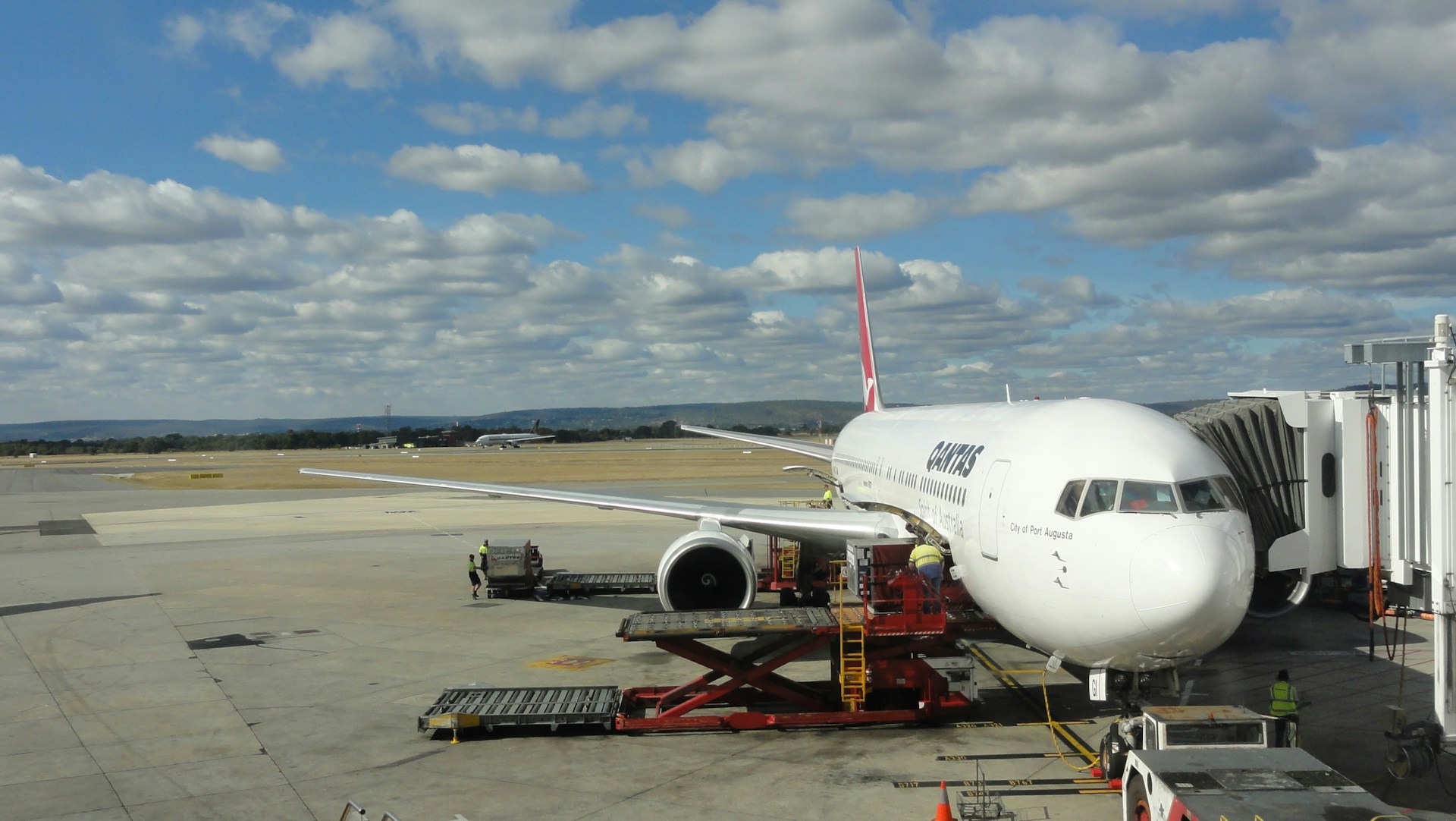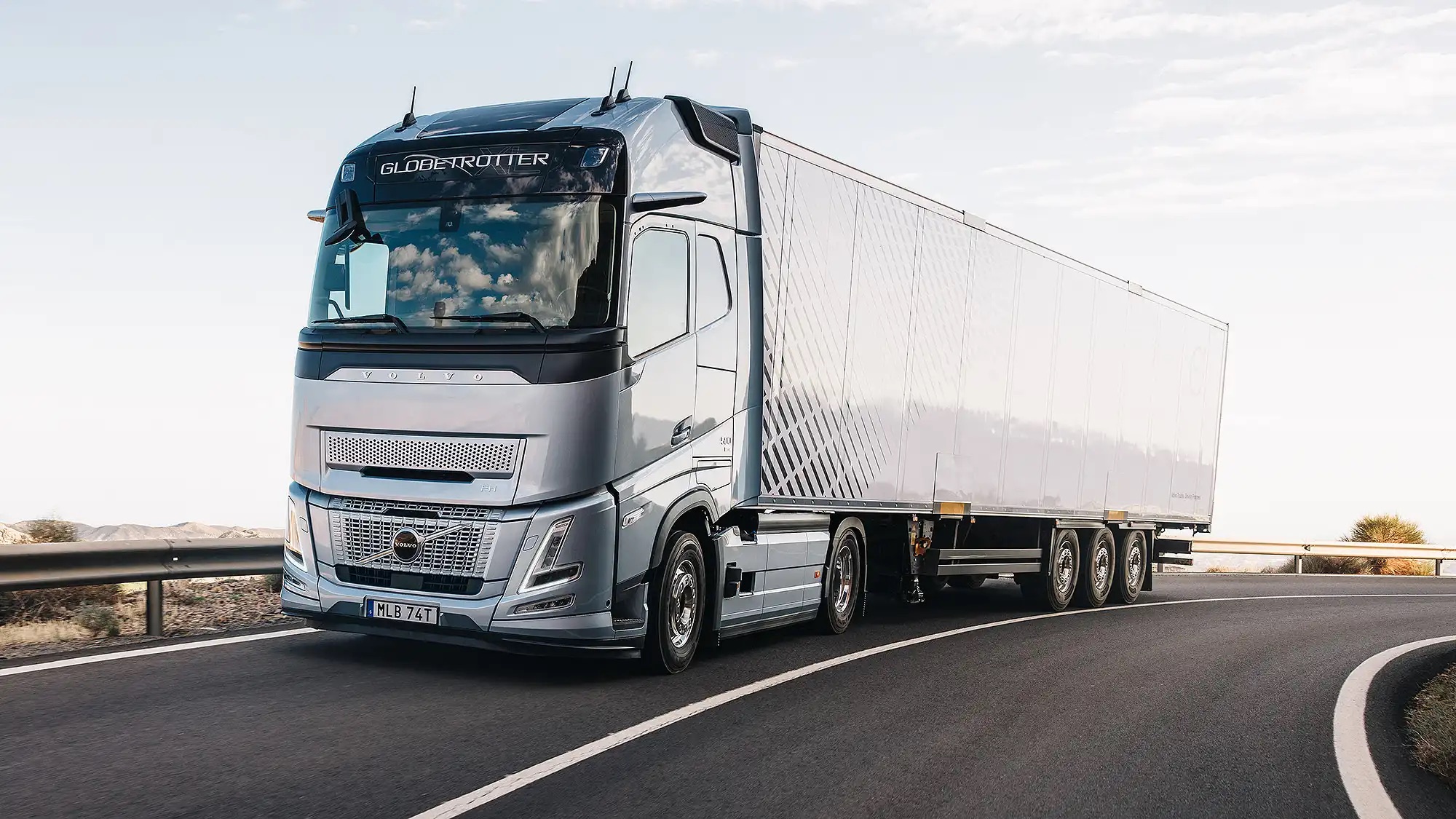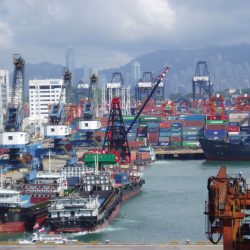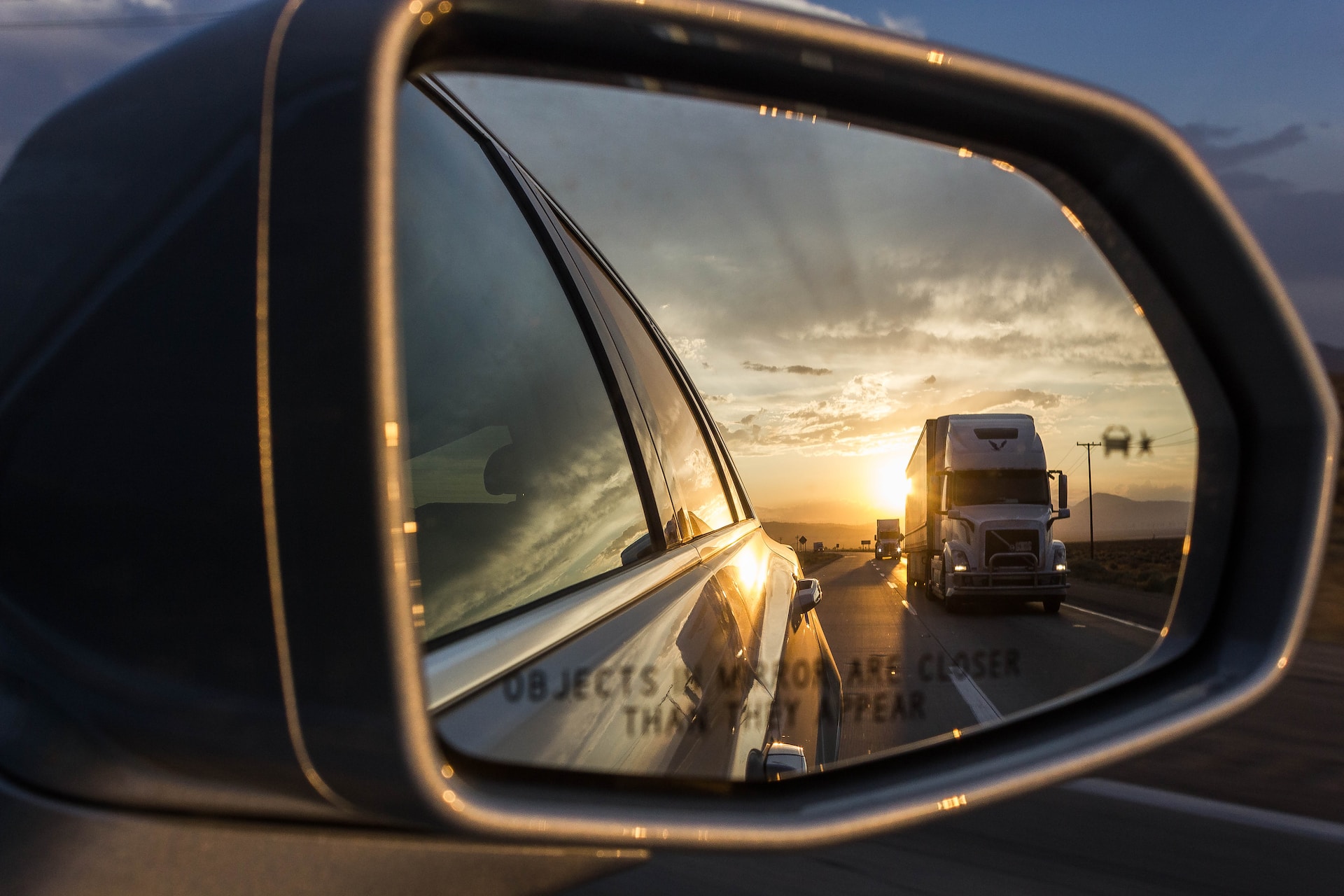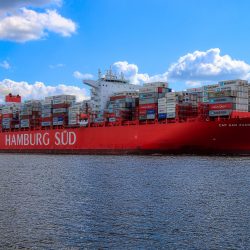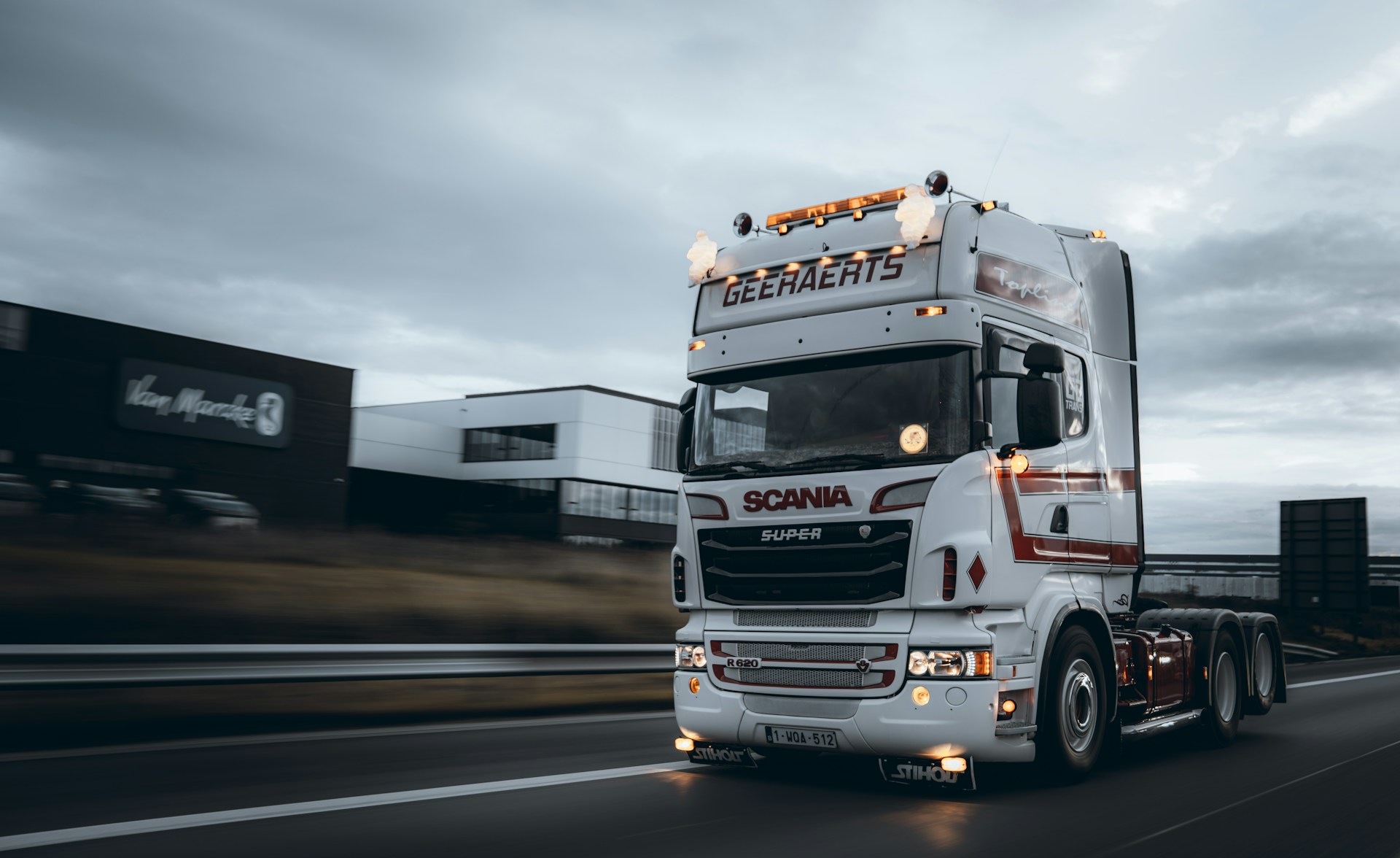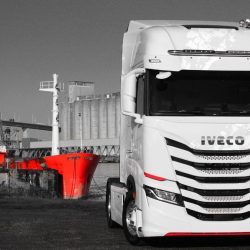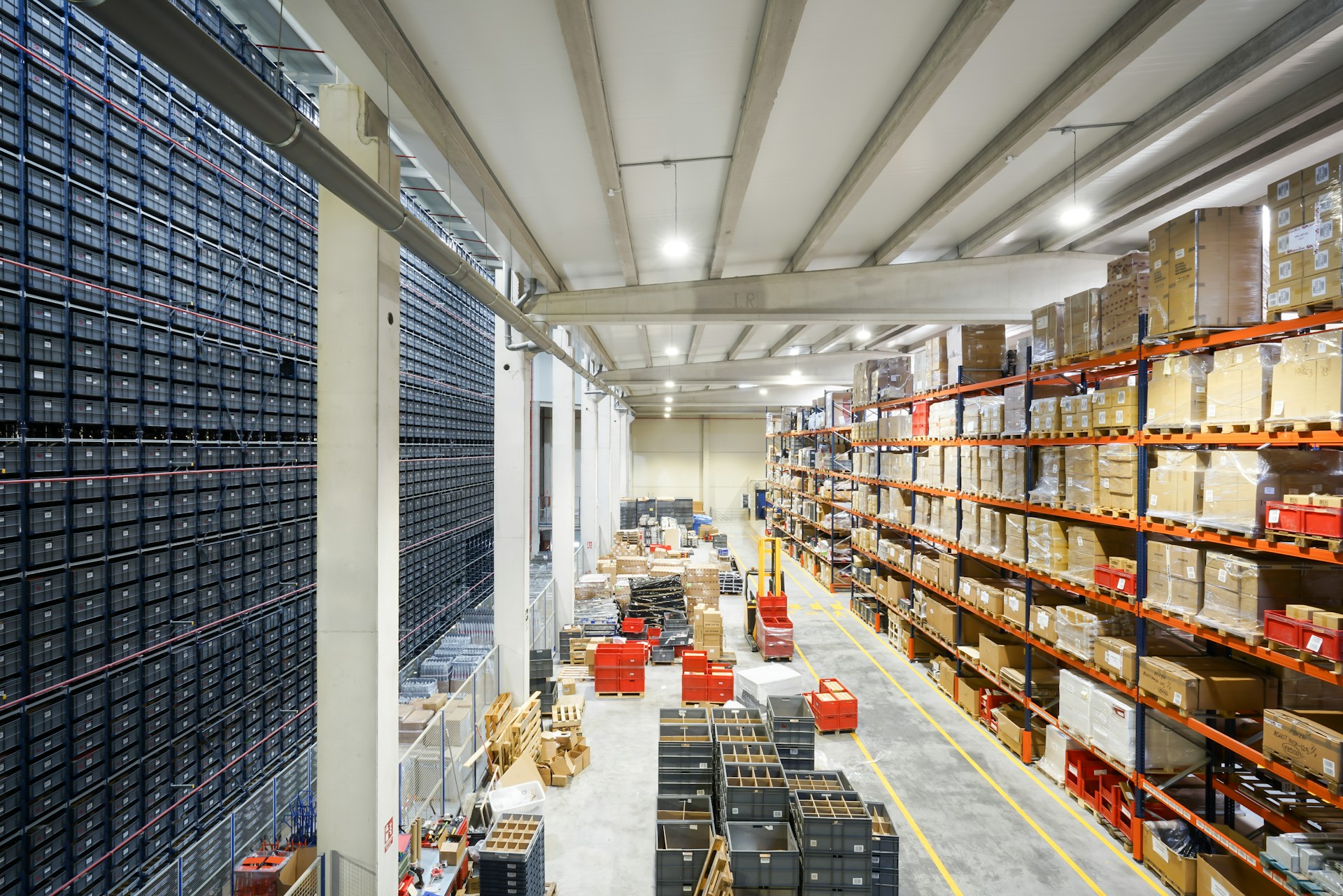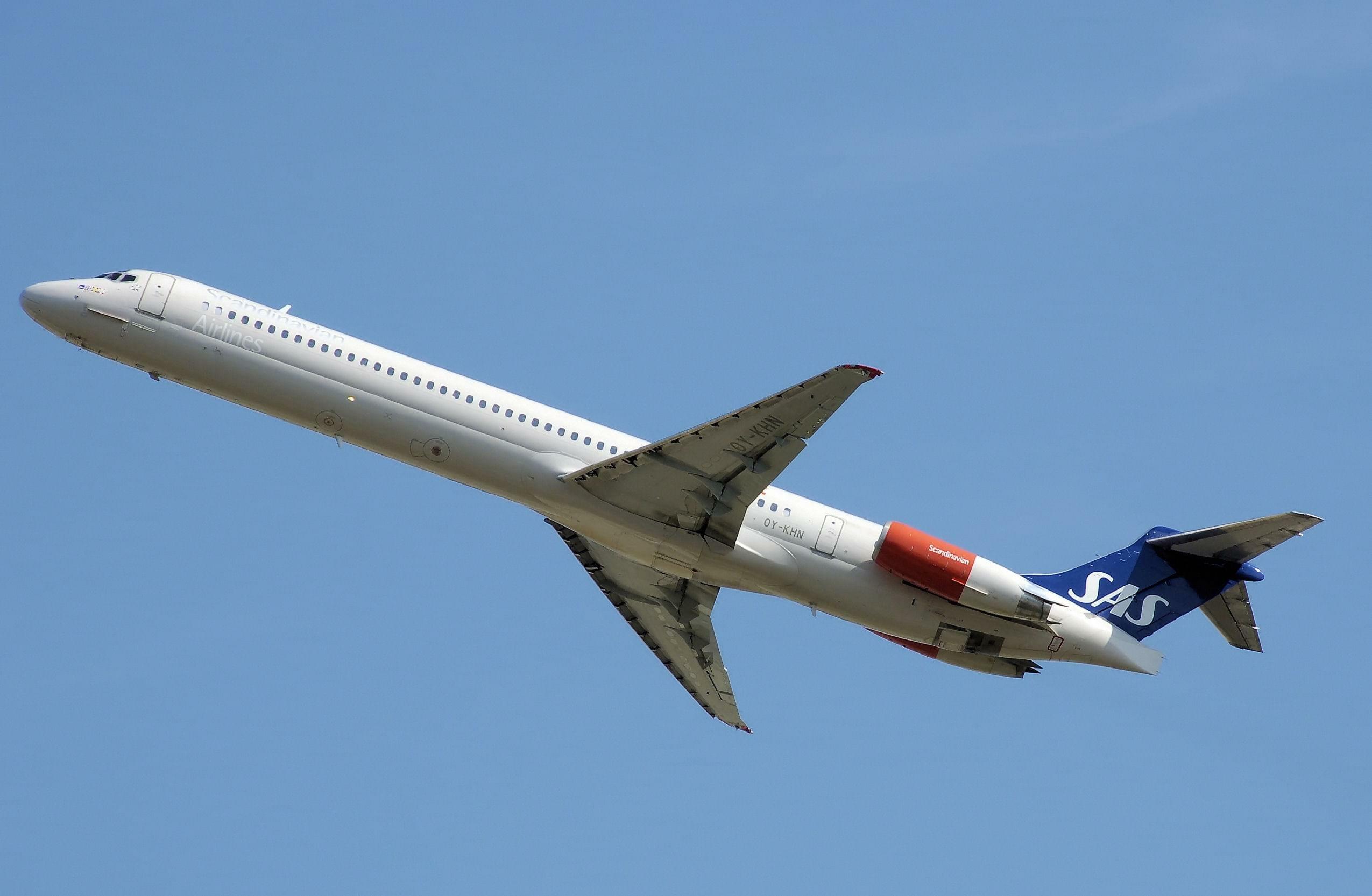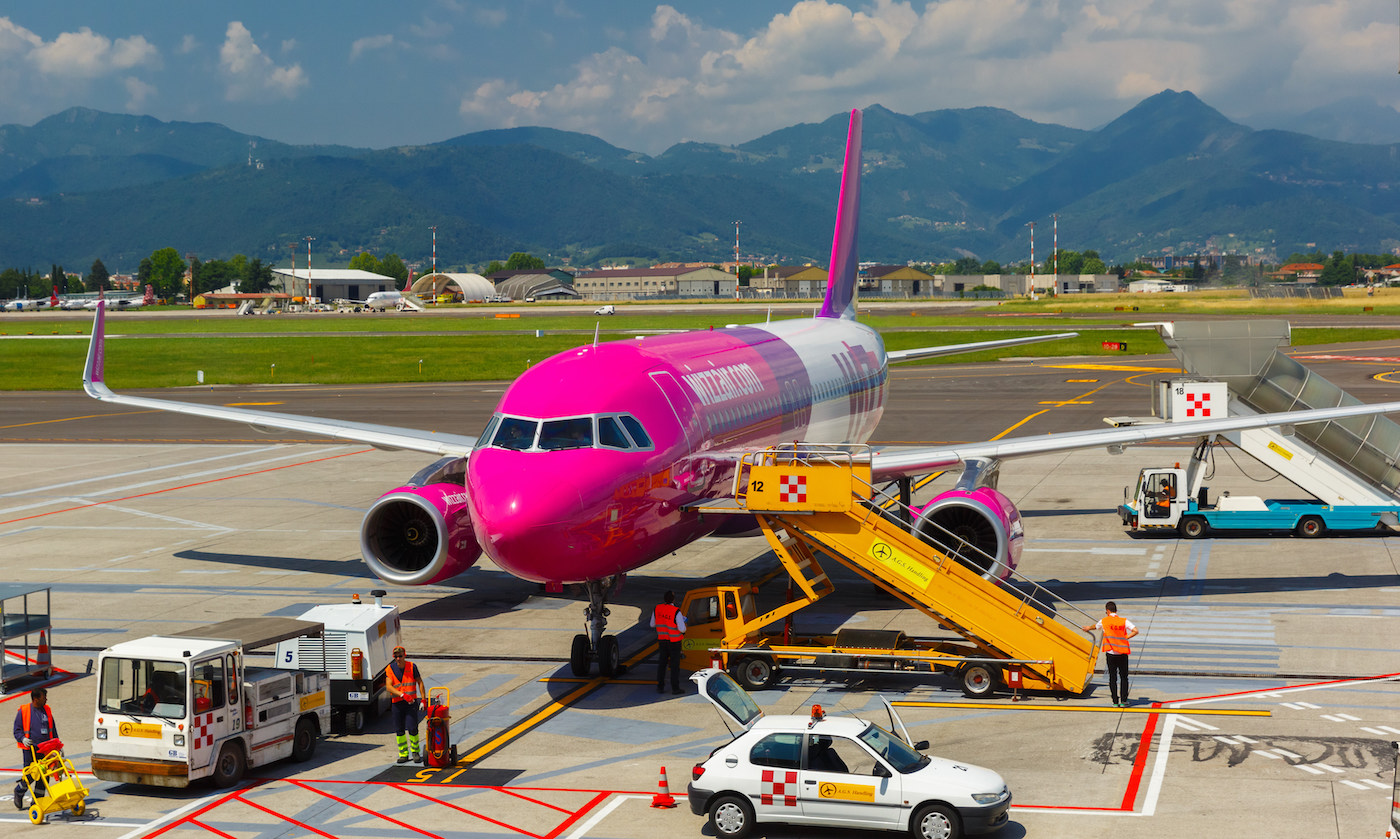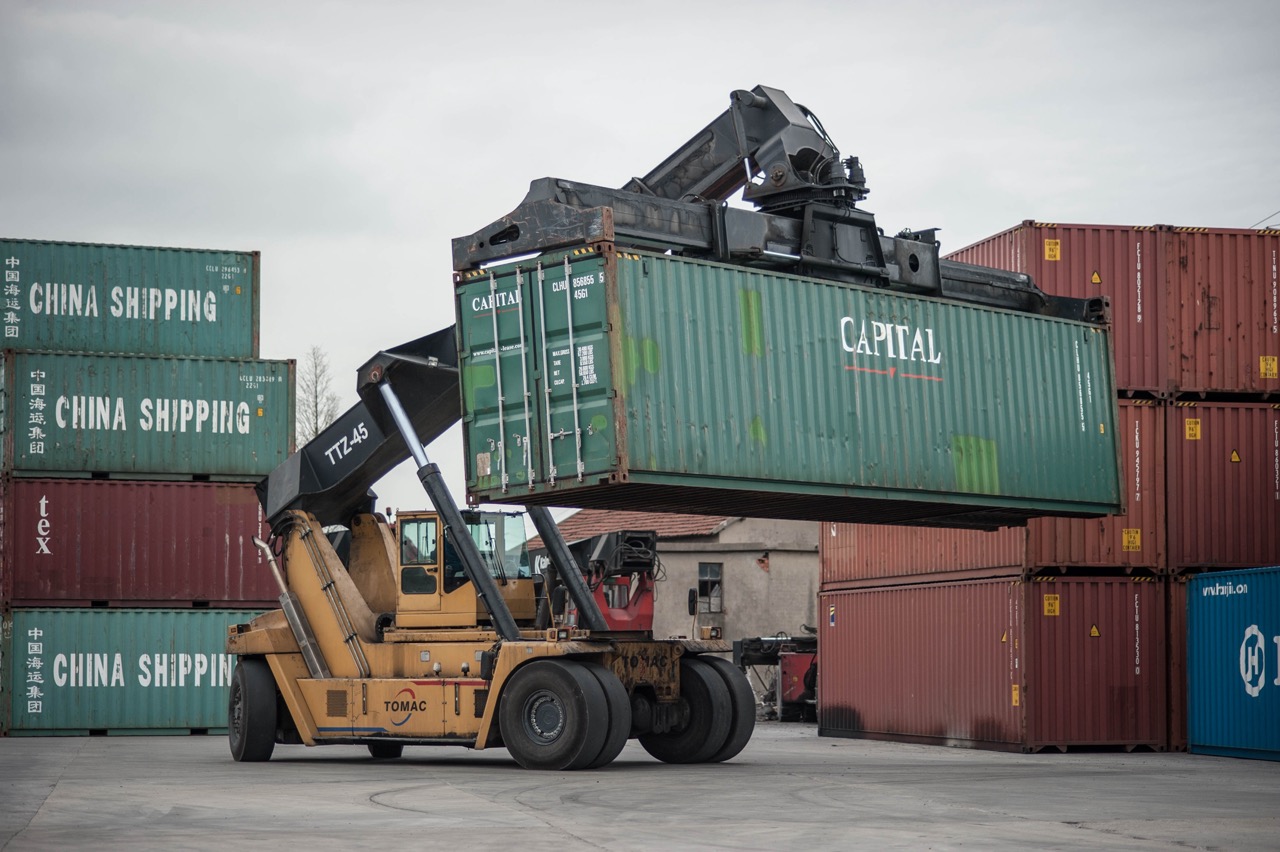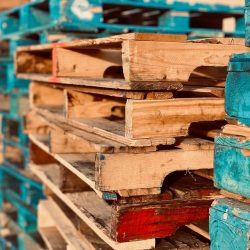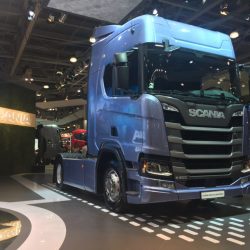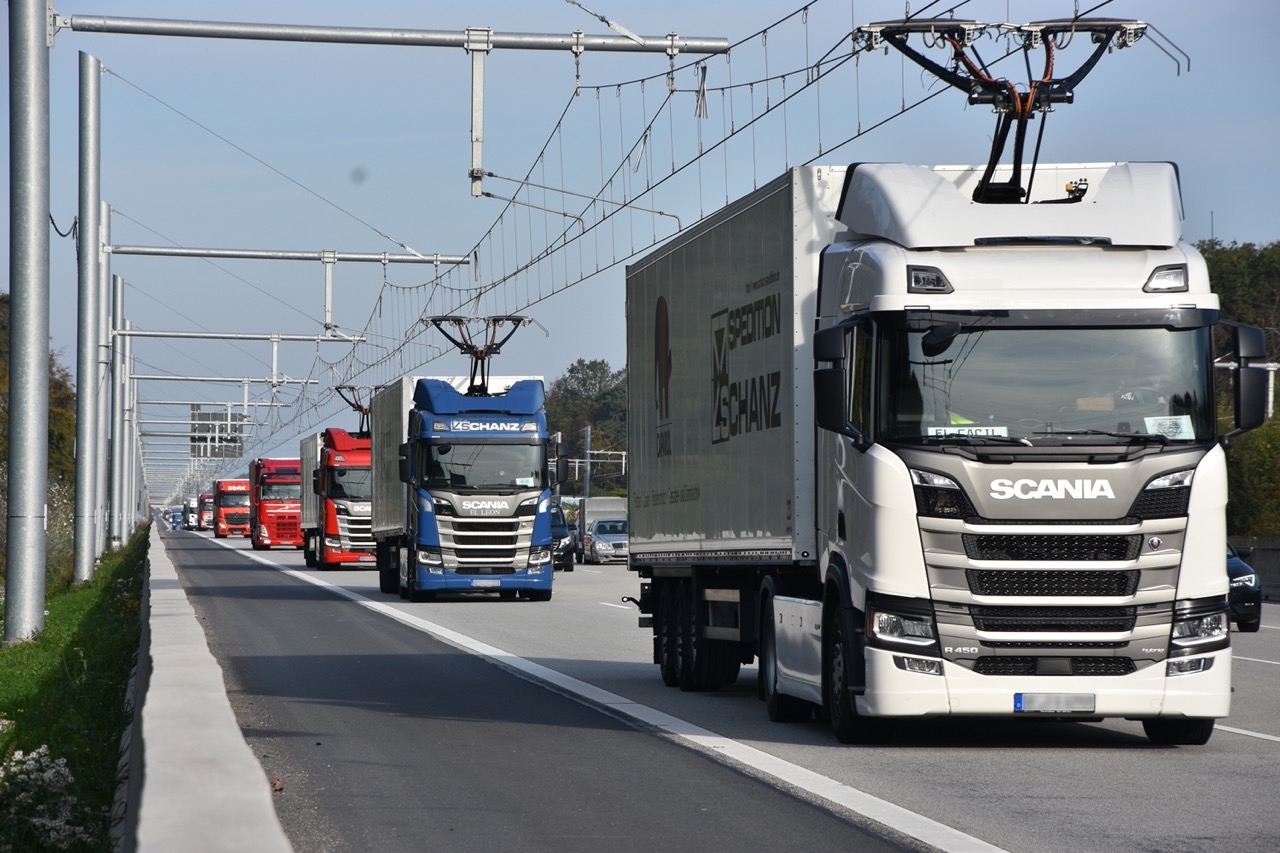Fleet modernisation: a strategy to achieve climate goals
ESL Shipping has embarked on a key phase of its strategic business development plan. As part of a major fleet modernisation, the company has added the hybrid vessel Terramar to its fleet. The vessel has already arrived at the company’s facility in Goa.
Terramar was delivered to the company in March 2025. It is the sixth plug-in hybrid vessel in the ESL structure. The company plans to commission a total of 12 such vessels, manufactured by Chowgule & Company. The fleet modernisation will enable the company’s shipping division, AtoB@C Shipping, to improve operational efficiency.
The hybrid features:
- modern propulsion system for hybrid operation;
- has a shore power connection;
- provides increased productivity even in difficult navigation conditions, such as in the Baltic Sea and Northern Europe;
- the vessel has an ice class 1A, which allows it to operate all year round without downtime;
- has innovative battery technology that allows it to enter ports without generating emissions;
- the system allows for a 50% reduction in the number of ships in the Baltic Sea and Northern Europe.
Fleet modernisation is carried out according to the approved plan. The company receives a new vessel every quarter, and the upgrade is scheduled to be completed by the end of 2026. ESL is consistently on track to reduce emissions. The company is also demonstrating its commitment to sustainability.
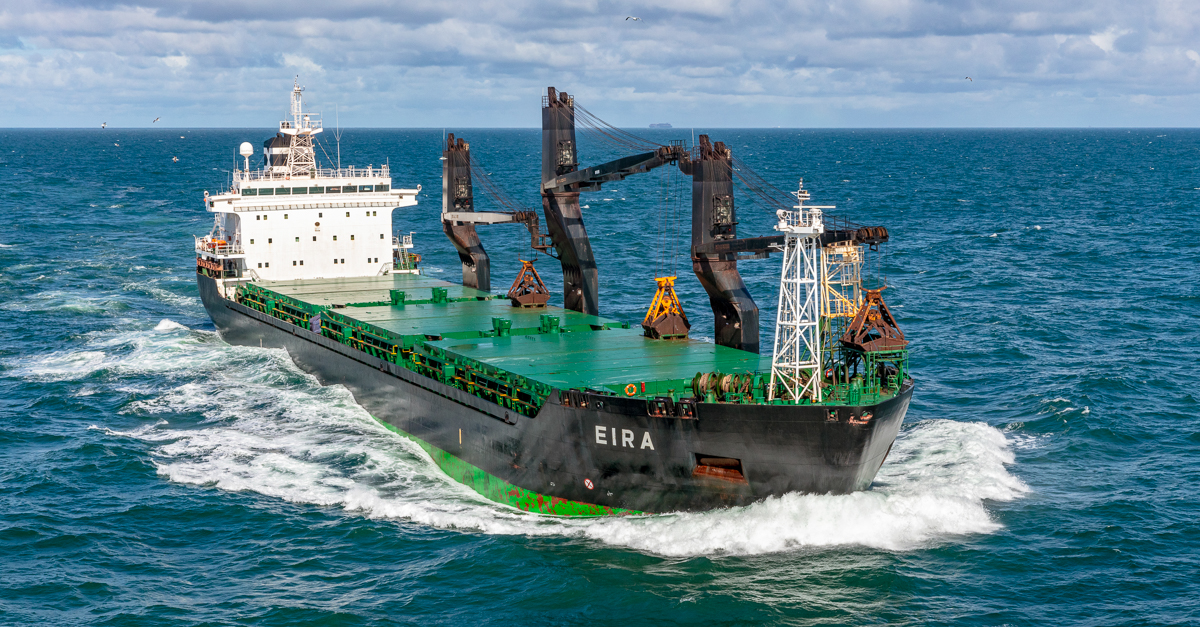
ESL Shipping’s other projects
Apart from introducing Terramar hybrids, the company is making other efforts to reduce emissions. ESL has ordered new Handysize vessels that operate without the use of fossil fuels. The ice class 1A vessels offer the best cargo capacity for this type of transport. The first batch consists of four vessels with a total value of approximately €186 million.
The new vessels will meet growing customer demand for environmentally friendly logistics solutions. Designers have optimised the Handysize design for this purpose. They will run on green hydrogen, methanol, and bio-methanol.
A Chinese shipyard is constructing the ships. Launch is on schedule for late 2027- early 2028. Engineers have already tested the ships, and they are ready for production. The Finnish shipbuilder Deltamarin and the Swedish centre SSPA took part in the tests. European suppliers provide the key systems and propulsion systems, ensuring high quality and reliable operation.
ESL concentrates its operations in Northern Europe. This area has difficult navigation conditions in ice-bound waters. Many industries need to transport goods along a specific route. ESL offers well-established logistics processes based on ecological principles.

